Over the last few months, the Korean League of Legends scene has been dealing with a series of distributed denial-of-service (DDoS) attacks on its servers, including the 2024 LCK Spring Split where on-stage competition has been heavily affected.
These attacks have caused a whole slew of changes to the LCK broadcast in order to protect the teams and the league’s competitive integrity, although other major organizations are dealing with their own DDoS attacks at home and in their own personal games. Overall, the league is suffering and the fans can’t do anything but watch as their favorite players struggle.
It has been an ongoing issue that might have major effects on the outcome of the season, the future champion of the region, and if it lasts long enough, could even become an issue for the LCK’s international tournament attendees.
Breaking down the LCK DDoS attacks
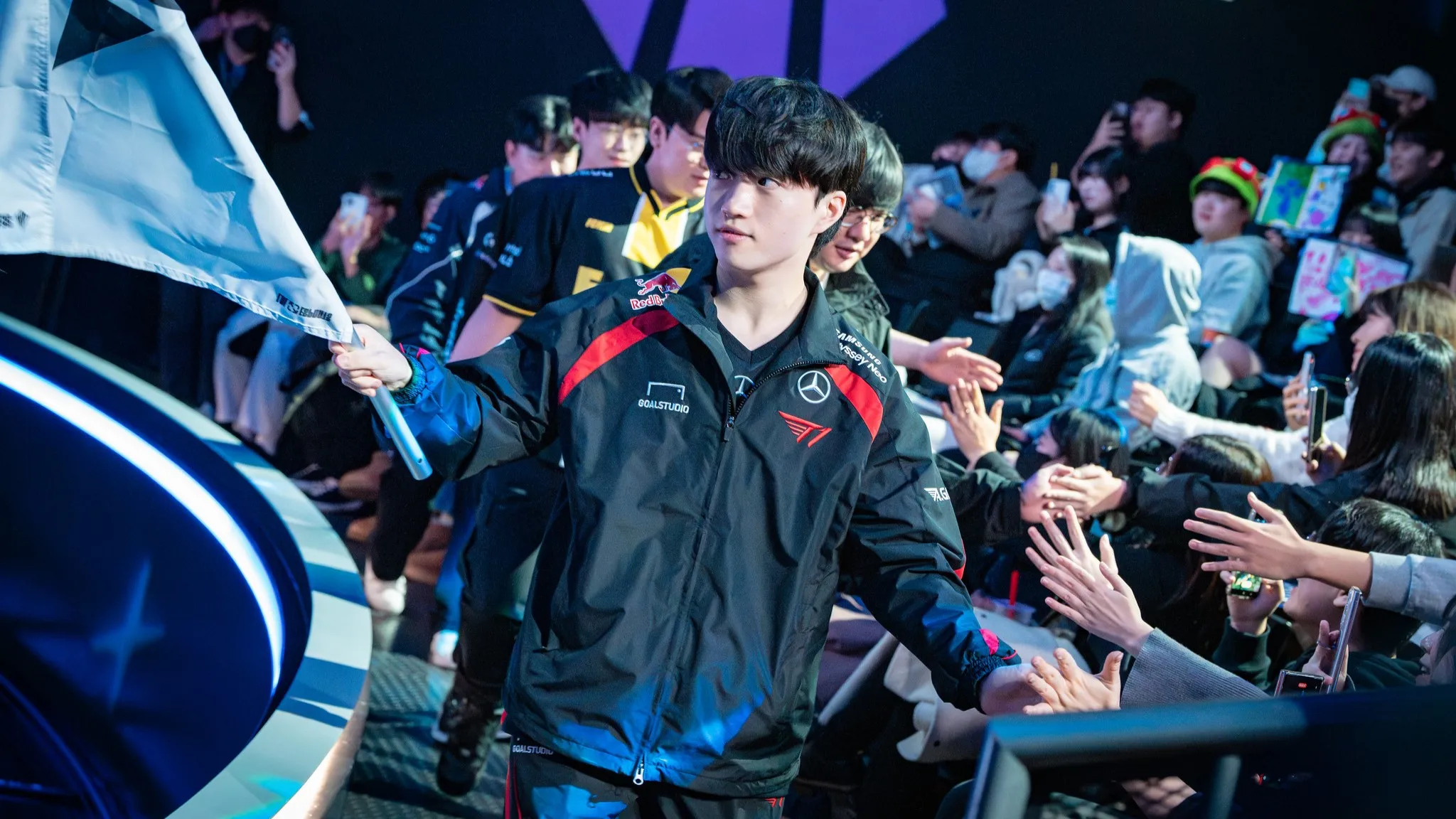
February: First DDoS attacks hit LCK studio
Near the end of February, the LCK was first affected by DDoS attacks when two matches were forced to stop on Feb. 28 due to chronic ping issues for all players involved. Although the league tried to move forward with the broadcast, the issues prevented the game from progressing at any rate.
As a result, the league swapped to offline servers for the first time with prerecorded games to prevent any possible outside influence while the pros competed, and live audiences were not permitted until officials were confident they wouldn’t suffer any more extended delays.
March: Return to online servers
After a week of offline play, the LCK finally returned to live competition for week eight of the 2024 Spring Split, albeit without a live audience. The league also confirmed that the DDoS attacks hadn’t stopped since February, but the new security measures that were developed and put into action had been successful in thwarting any attempts to delay the games further.
These issues have, however, spilled out of the studio and into the everyday routines of the defending world champions and their ability to prepare and practice.
T1 confirms DDoS attacks affecting all players
Near the end of March, T1 confirmed the roster was suffering from constant DDoS attacks, preventing the team from playing solo queue on their personal accounts and playing in scrim blocks against other professional teams. It has also drastically affected their performance on-stage, with the team recently dropping a stunning series at the hands of Hanwha Life Esports.
If the team isn’t able to find a proper security measure for these DDoS attacks, they could risk dropping out of the 2024 LCK Spring Playoffs and could even miss the 2024 Mid-Season Invitational if they continue to perform poorly over the next week.


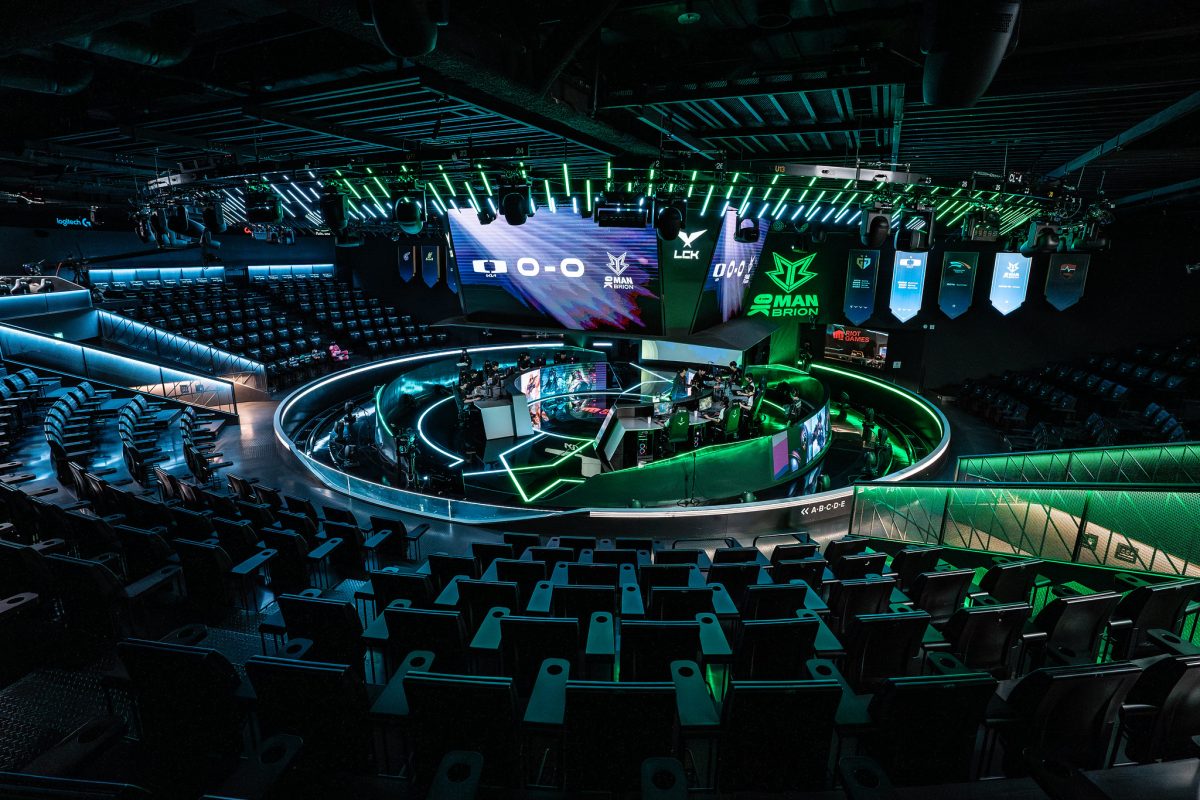
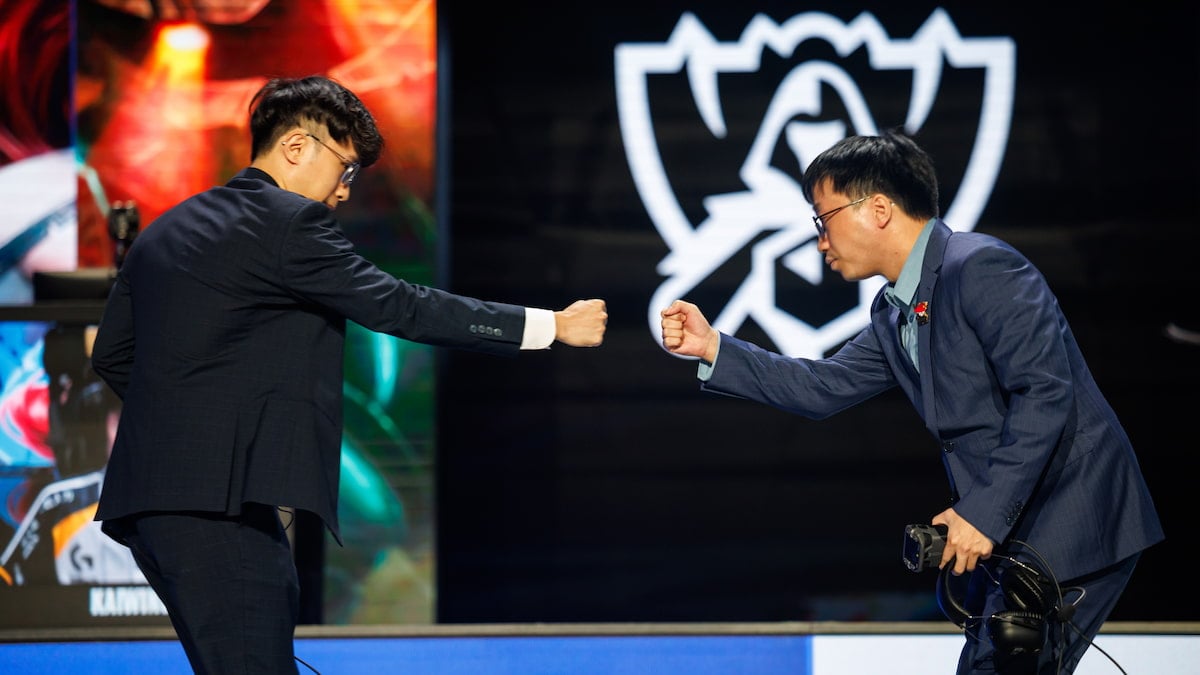
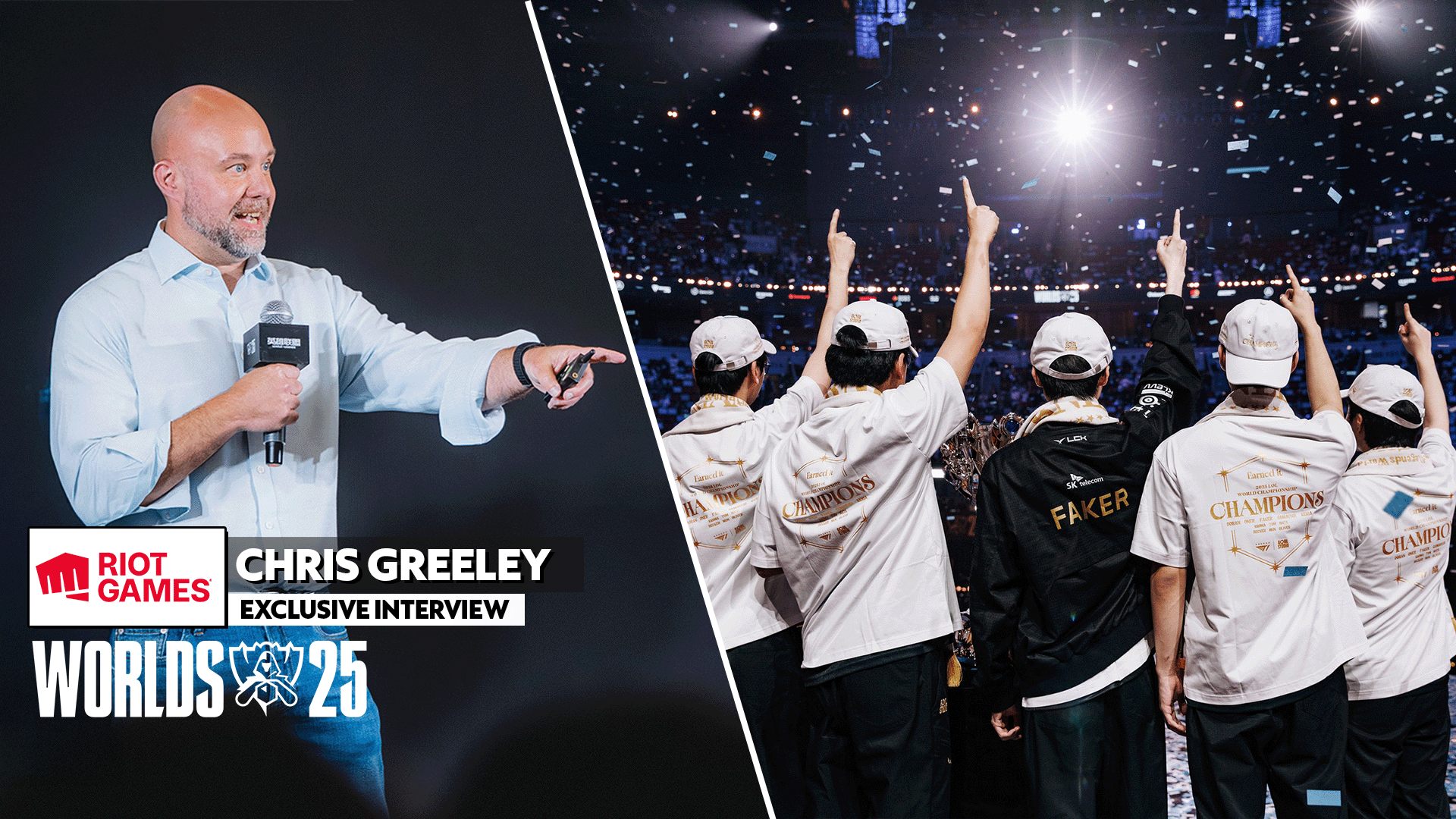
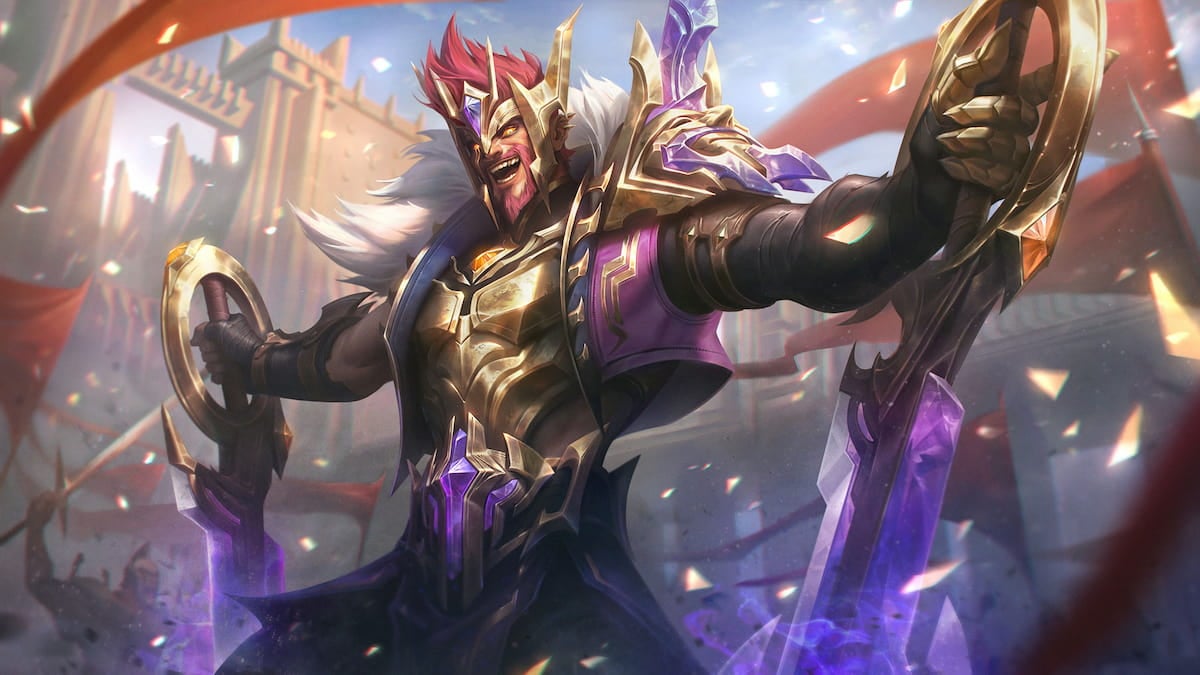
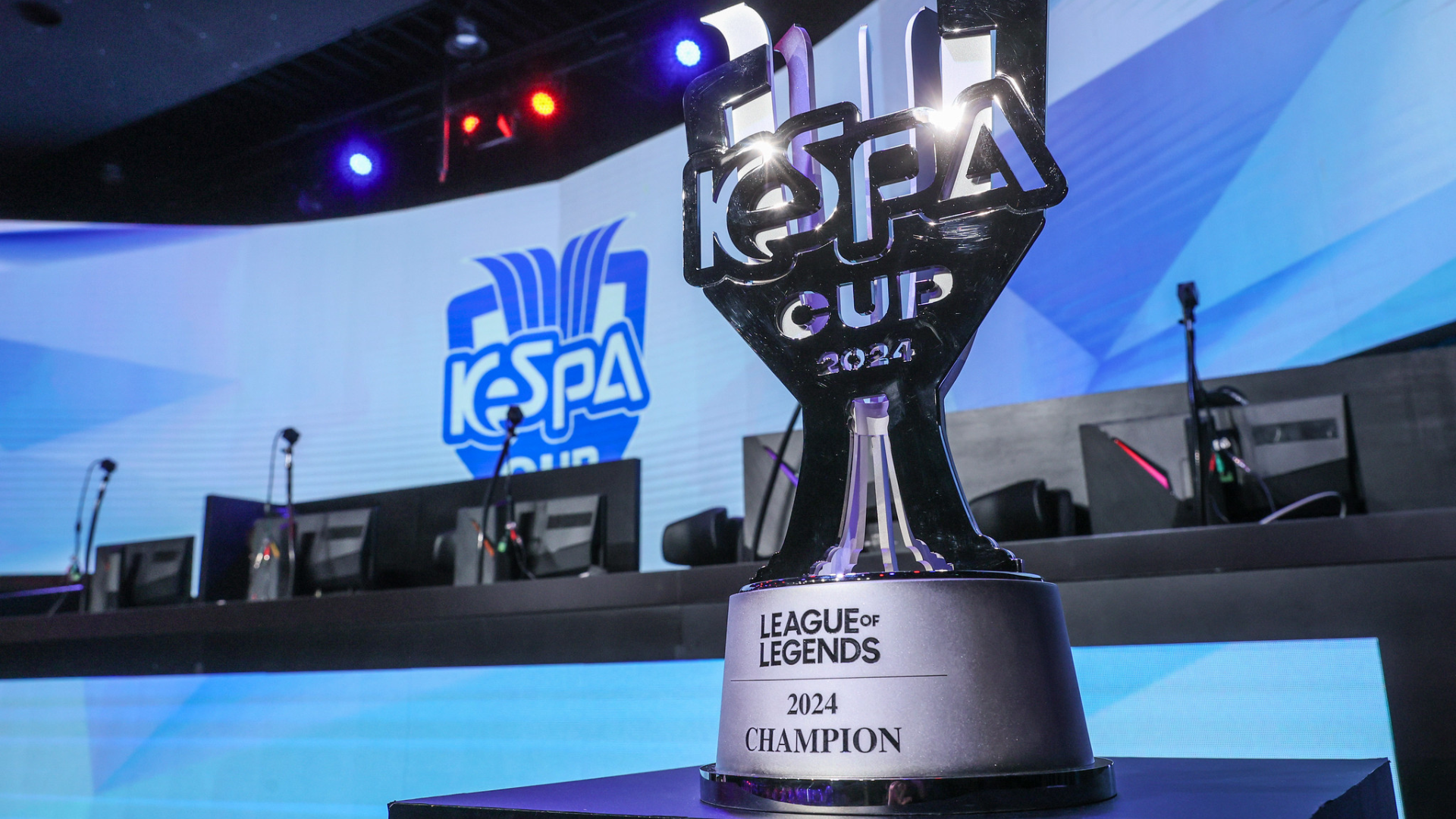



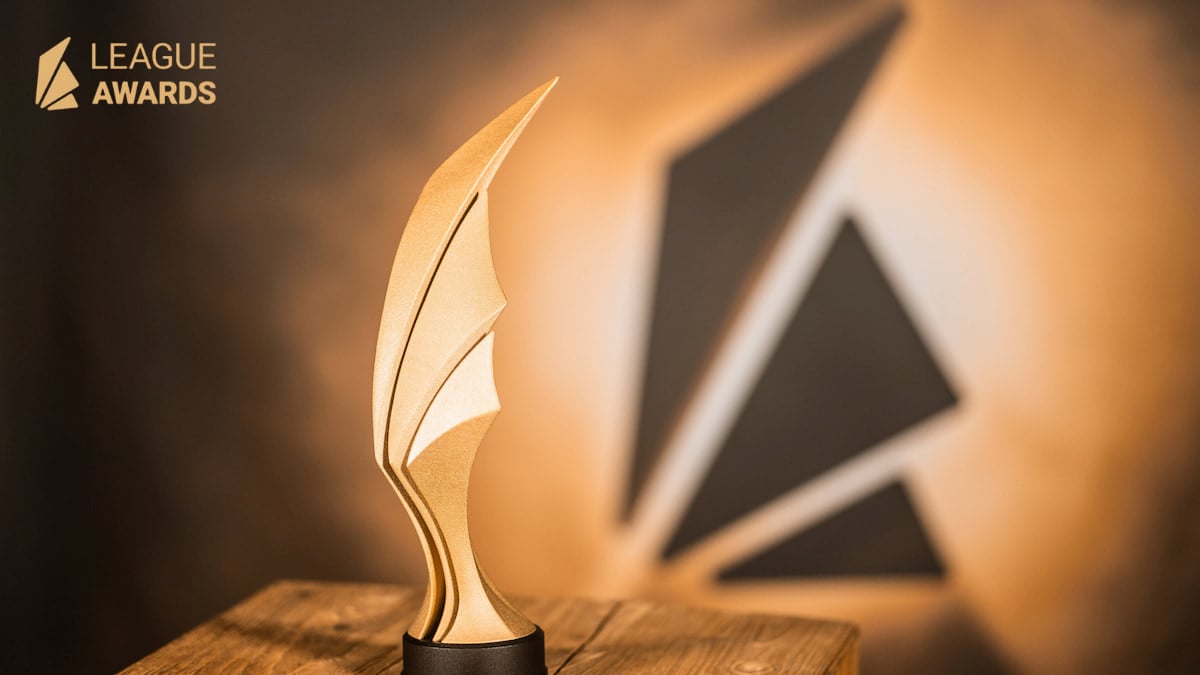


Published: Apr 4, 2024 02:59 pm